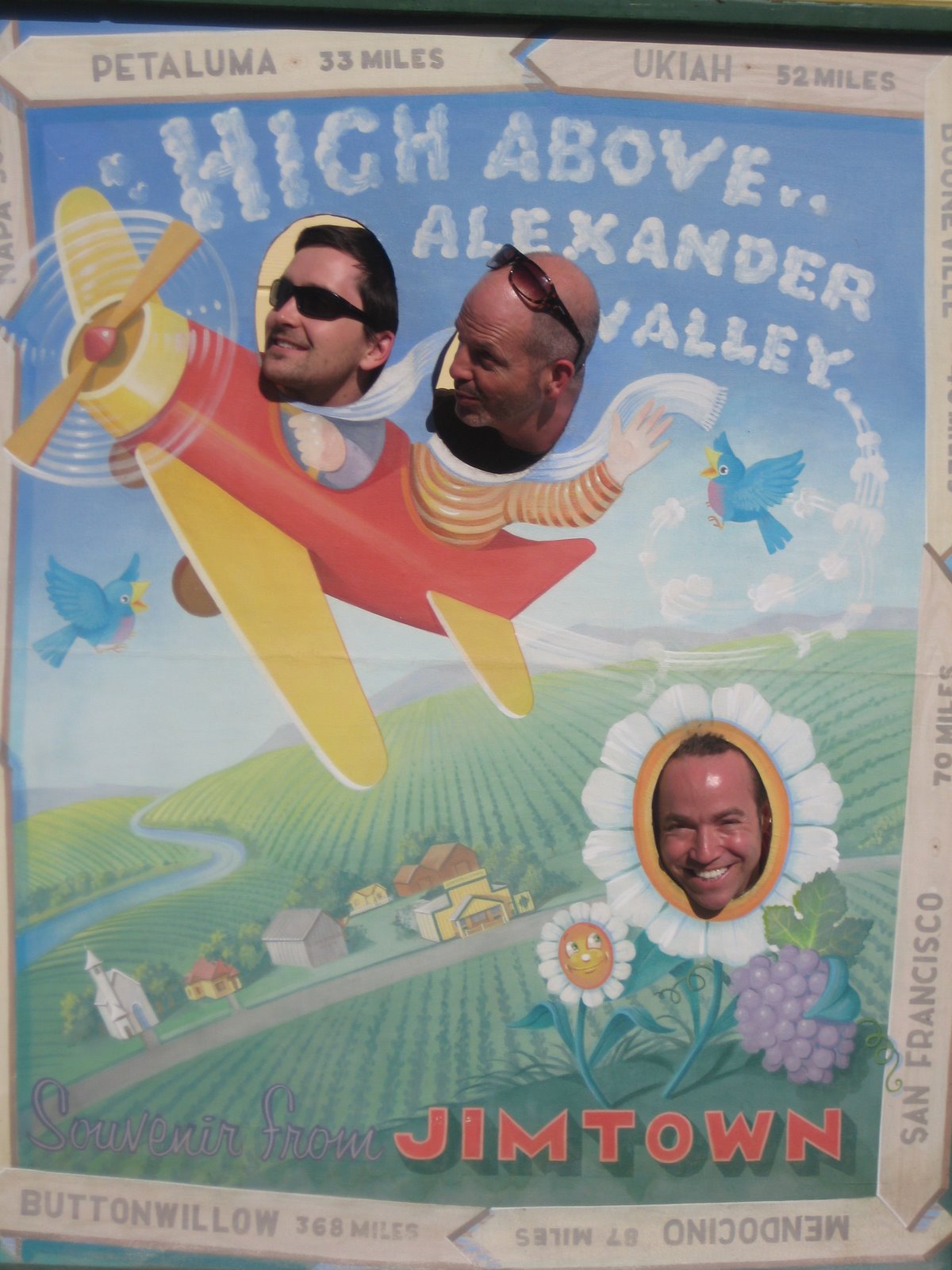Sad. Watching the 16-year old Asian girl with ill-fitting clothes and a runny nose on the Muni subway train reading a book of Garfield comic strips
Mad. Having to walk out of my office building through the crowd of cigarette-puffing German, Italian, Russian, French and Japanese 18- to 22-year olds in tight jeans who won’t step aside after walking outside of their English language classes on the 3rd and 4th floor of my office building.
Mad. Having too much to do and not getting to relax.
Sad. Visiting my 39-year old friend in the hospital after he had a heart attack.
Sad. That it’s so expensive and so much work to parent a baby if there’s not a uterus in your house.
Mad. That those awful tea-party lemmings have made it almost impossible for me to feel relaxed after I read the Google or Yahoo homepages because it’s filled with tacky stories generated by Rupert Murdoch’s “news” website.
Sad. Learning that an educated and fun [former] friend of mine who disappeared from my life to marry an Orthodox Jew in New York has become a Republican.
Sad. Walking by the young white guy with chin-length hair who juggles, not very well, in the long underground hallway connecting the BART station to its Stockton Street exit.
Mad. Talking to customer service people in India who are probably perfectly nice and smart, but completely incapable of responding to my website inquiry.
Mad. That the man who has the window seat next to me is wearing an ugly Versace belt and Prada slacks and continues to stand in front of me in the row, taking his time folding his newspaper and putting his things in the overhead bin.
Sad. That every weekend can’t be relaxing and warm and deadline-free like the last one.
Sad. That my grandmother is about to turn 100 years old, and lives in a nursing home, uses a walker, eats flavorless food, and doesn’t know who I am.
Sad. That the children at the school where my spouse teaches who are Jehovah’s Witnesses aren’t allowed to participate in Valentines’ Day parties, Halloween or classmate birthdays.
Mad. At the parents of those children for forcing an intolerant religion on them.
Mad. At the people who are cocaine users because their addiction destabilizes so many countries and the lives of the people in those countries, leading to deaths and kidnappings.
Sad. That sometimes it feels like there’s no way out when I feel overwhelmed.
Mad. When I don’t like the people who are telling me what to do.
Sad. That the people shopping at K-Mart continue to do so and the people working there have jobs there – there in that dirty, ill-stocked fluorescent shell at the edge of that huge cracking parking lot with the painted parking spaces all faded and the broken down cars out front.
Sad. That Family Dollar Stores where young Latinos and Blacks shop in low-income neighborhoods are like miniature K-Marts, but even drearier.
Mad. That Wal-Mart is such a terrible place that does terrible things to the world, but people still spend lots of money there.
Sad. That a formerly good friend of mine and I don’t talk to or see each other anymore.
Sad. That things aren’t always like they used to be.






.jpg)